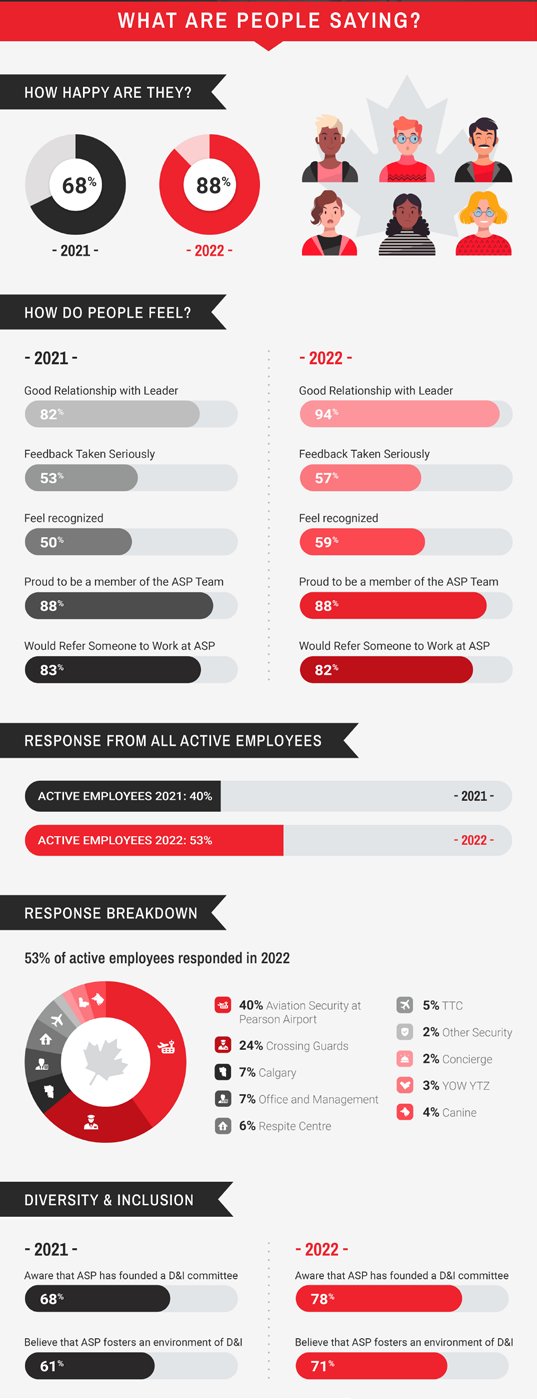At ASP, we value and recognize the diverse religious beliefs of our employees. The world’s rich diversity is reflected in the observances that are celebrated and recognized by our ASP employees. Knowledge of the following holidays and celebrations can enhance our workplace diversity and inclusion efforts. Throughout the months of October, November, and December, a variety of religious holidays, festivals, observances, and spiritual commemorations took place.
These events were celebrated and observed by many of us, so it is important that we recognize and respect each one of them.
We have compiled a list below of the many important religious events that took place throughout the last few months. We encourage you to review this list to learn more about some of the significant celebrations and observances that are meaningful to your colleagues and friends. Let’s celebrate diversity, together.
October 2022
October 4: Yom Kippur
A Jewish day of atonement to reflect on sins and seek forgiveness from God.
October 5: Dussehra
Dussehra means ‘the tenth’ and celebrates the triumph of Lord Ram over the demon Ravan who stole his wife Sita. The great Hindu epic poem, the Ramayana, is read and enacted. A big effigy of Ravan is burnt accompanied by fireworks. In Nepal it is called Dashain, and it is a major holiday.
October 9: Eid-Maulad-un-Nabi
Anniversary of the birth of Prophet Muhammad. Some Muslims mark this occasion by special prayers, whilst other Muslims may mark the occasion by dedicating more time to reading the Koran.
October 9 – 16: Sukkot
A day in the Jewish faith that remembers when the Jews journeyed to the desert on the way to the promised land.
October 13: Karva Chauth
A one-day fast kept by married Hindu women for the well-being and longevity of their husbands. The husbands feed the first bite to their wives only after they see the moon.
October 18: Birthday of the Bab
A day honoring the birthday of God’s messenger in the Baha’i faith.
October 19: Birth of Baha’u’llah
A day honoring the birthday of the prophet-founding of the Baha’i faith.
October 24: Diwali
A 5-day festival of light that combines several different festivals in honor of gods, goddesses, harvests, new year’s, etc. It is celebrated by Hindus, Sikhs, and Jains.
November 2022
November 1: Samhain
A festival in the Pagan and Wiccan religions that marks the end of the harvest season.
November 1: All Saints Day
Also known as Day of the Dead or Día de los Muertos, this day honors the saints who have attained heaven in the Christian faith.
November 4: Qudrat (13th Month)
The first day of the thirteenth Bahá’í month. The English translation of Quadrat (Arabic) is Power.
November 8: Birthday of Guru Nanak Ji
A day honoring the birth of the founder of Sikhism.
November 8: Lokashah Jayanti
This day commemorates the birth of a famous 15th century reformer, Lonka Saha, who opposed temple worship and use of images.
November 18: Day of Covenant
The eldest son and appointed successor of Bahá’u’lláh, ‘Abdu’l-Bahá, referred to this day as the ‘Centre of the Covenant’ which was established to safeguard the unity of the community.
November 22: Qawl (14th Month)
The first day of the fourteenth Bahá’í month. The English translation of Qawl (Arabic) is Speech.
November 24: Martyrdom of Guru Teg Bahadur
This day commemorates his martyrdom (1621-1675). He was the ninth of the Ten Sikh Gurus and executed in Delhi by the Mughal emperor.
He died for the Sikh faith and also for religious liberty.
November 27: First Sunday of Advent
The Christian church year begins with Advent (from the Latin adventus meaning ‘coming’ or ‘arrival’) which is also a time when Christians prepare to celebrate the birth of Christ.
November 30: Feast of St. Andrew
A day honoring the patron saint of Scotland, Greece, Russia, Ukraine, Barbados, and Romania in the Roman Catholic Church.
December 2022
December 6: St. Nicholas Day
He is the patron saint of Russia, who came from a town in Turkey. Being known as a protector of children, the tradition of leaving shoes out in the hopes of receiving treats is practiced in the Dutch, German and, Eastern European communities.
December 8: Feast of the Immaculate Conception
A feast day celebrated by Roman Catholics that celebrate Mary’s conception without original sin.
December 8: Bodhi Day
In Japanese Zen, Bodhi Day is called “Rohatsu” and is the observance of enlightenment of the historical Buddha. Zen monasteries observe this day with a meditation retreat lasting several days.
On the last night of Rohatsu sesshin, monks and students often sit in meditation until dawn, as the Buddha did 25 centuries ago.
December 11: Masá’il (15th Month)
The first day of the fifteenth Bahá’í month. The English translation of Masá’il (Arabic) is Questions.
December 18 – 26: Hanukkah
The 8-day celebration of the “Festival of Lights” that commemorates the recovery of Jerusalem and subsequent rededication of the Second Temple at the beginning of the Maccabean revolt against the Seleucid Empire in the 2nd century BCE.
December 21: Yule
A Pagan and Wiccan holiday that begins at sundown at the winter solstice.
December 25: Christmas
This day celebrates Jesus Christ’s birth over 2000 years ago. Customs include lighting candles, exchanging gifts, and using evergreen decorations to celebrate this day, the most widely observed Christian festival of the year. In most communities it is a family day.
December 26: Kwanzaa
A professor who wanted to encourage African Americans to celebrate their heritage started Kwanzaa’s in California in 1966. Kwanzaa means first fruit in Swahili and is a harvest festival.
Families exchange gifts and have African-style feasts. Seven-pronged candleholders are lit on each consecutive night for the seven principles: unity, self-determination, working together, sharing, purpose, creativity and faith. The celebration continues till January 1.
December 26: The Feast of St. Stephen
Also called Boxing Day, this day commemorates the life of a saint known for his service to the poor who became the first Christian martyr.
December 30: Sharaf (16th Month)
The first day of the sixteenth Bahá’í month. The English translation of Sharaf (Arabic) is Honour.
Do you feel we have missed anything? Let us know! Contact our Diversity and Inclusion committee at
inclusive@security-asp.com


























